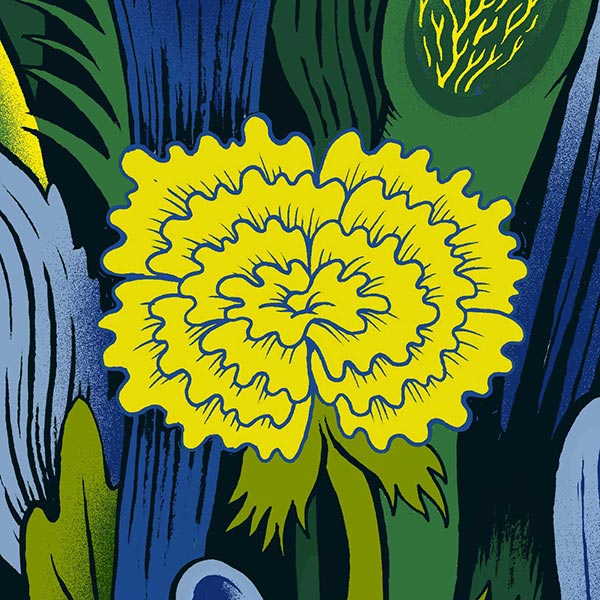
In February 2014 we started work on the Longitude Prize. How we approached this project and what we learned along the way is the topic of the following posts:
A challenge prize is a very simple idea. A problem is identified and publicised along with the offer of a reward to the person or organisation who can find the first or best solution. Identifying the problem, however, is a challenge in itself.
A challenge fit for a prize
When we started working on the Longitude Prize in early 2014, the term ‘challenge prize’ was unfamiliar to us. Yet we resonated to the underlying concept – engaging with experts to design competitions that could advance scientific inquiry and, hopefully, the discovery of solutions to some of the world’s most pressing problems.
One of the first things we learned while working on Longitude was that not all problems can be made into good challenges. The problem identified for a challenge prize needs to be:
1. Simple to understand and articulate
- It is very difficult to publicise a challenge that is too complex to be described succinctly and clearly.
2. It has to be a real problem, not a manufactured one
- It is very easy to be drawn to what look like real problems, only to find that they are in fact artificial problems based on too many assumptions.
- This becomes especially treacherous when researching problems faced by people in other geographies and cultures.
3. There need to be people interested in solving it
- A good challenge prize will galvanise a community of people who have been thinking about the problem for a while.
- A challenge prize is open to everyone, but if no-one sees themselves as the right person to solve it, setting a challenge will have little benefit.
4. It has to be soluble
- The challenge must not require a change to the basic laws of physics in order to solve it (we fell foul of this a few times).
- This consideration is especially relevant for prizes that aim to encourage innovation in mature fields of engineering like aviation and water processing, where the temptation might be, for example, to demand impossible reductions in energy usage.
- A problem might be too culturally or politically complex to be able to benefit from a technological solution.
5. It can’t have been solved already
- You don’t want to open up a Challenge Prize only to find that it has already been solved by a team of researchers you weren’t aware of.
We were given six broad challenge areas: Antibiotics, Dementia, Flight, Food, Paralysis, and Water. As our involvement in the project grew, our task became that of crafting good challenge prizes out of these areas.
Valuing expertise
We are not experts in any of these fields but we were lucky enough to work with expertise sourced from an international group of advisors. What we needed was an understanding of the key challenges within these areas, the likely areas of opportunity, and the motivations of potential participants in the challenge.
The Longitude Prize Journey
Our work on the Longitude Prize 2014 ended up being divided into three stages: challenge mapping, challenge prototyping, and challenge reporting. In the upcoming Longitude posts we will explain these phases individually to illustrate some of the materials used, their application in practice, and their outcomes.

